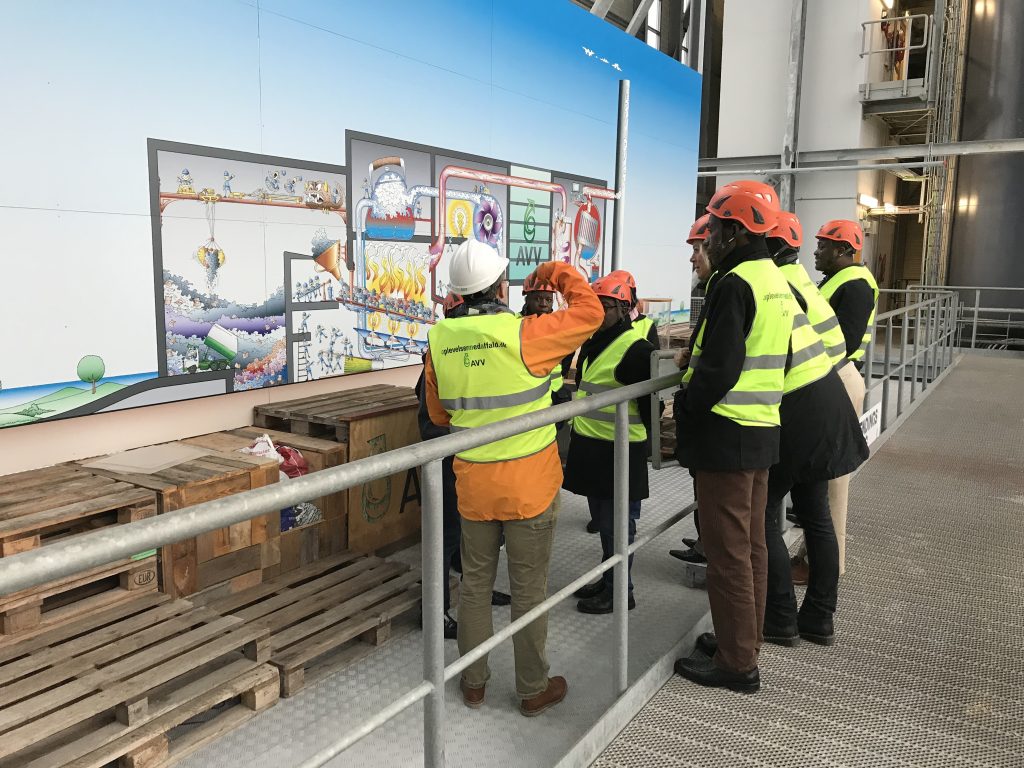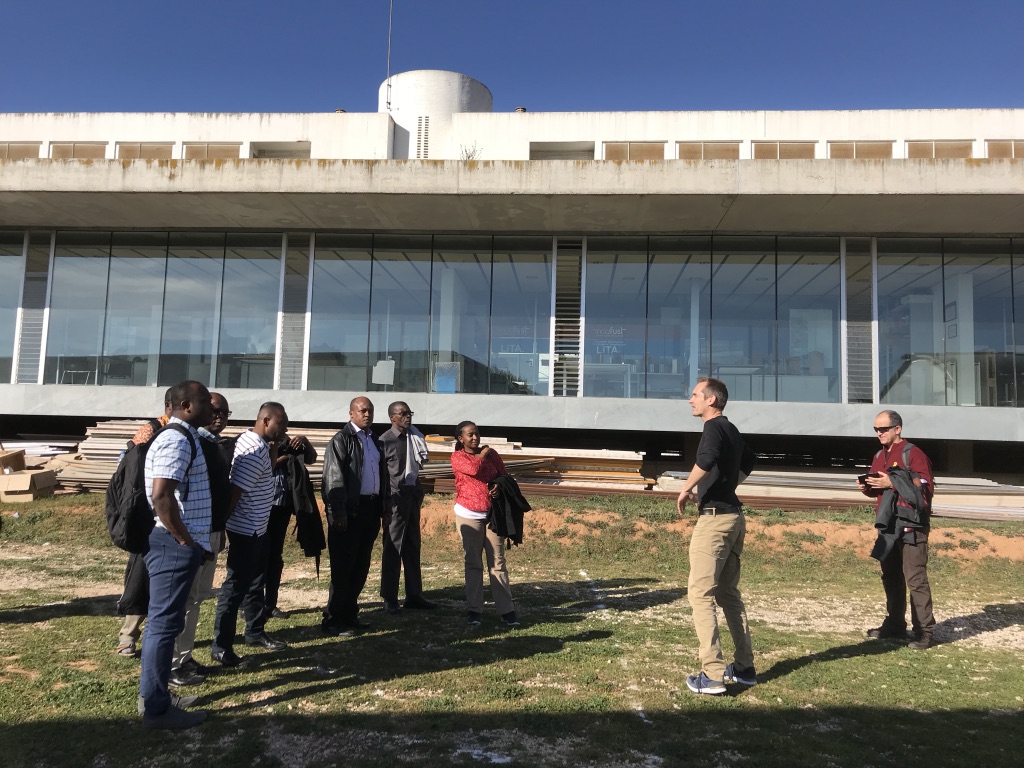External study visits in Barcelona included: Besòs Littoral Project, the aim of which is to turn the mouth of the river Besòs, and its surroundings, into a reference territory in terms of innovation in sustainable development for large metropolitan cities. The project focuses on energy efficiency, waste treatment, electricity generation, water cycle management and other measures. The project is funded by the European Regional Development Fund; The Ecoparc in Barcelona is an environmental facility treating waste from the metropolitan area of Barcelona. Municipal waste is treated in various ways, such as recycling, composting and methanization; The waste management plant for the Metropolitan Area of Barcelona (AMB) has established a new waste management model with focus on prevention, separation for reuse, selective collection at source and recycling, and for contribution to the circular economy. Municipalities intend to make the necessary changes to reach collection and recovery rates of 70% by 2025.
Internal study visits within UPC included visits to: UPC Centre for Development and Cooperation, with academic activities in information technology (IT), sustainability and entrepreneurship; the project Reutilitza, combining recycling of computer equipment with IT learning and social services; Living Lab LOW3, a tool for education, research and innovation in sustainable architecture, energy efficiency and renewable energy, with the main objective to foster experience-based learning, co-creation and collaborative learning processes in an international framework.

